Uncategorized
-
 Science & Society
Science & SocietyScience hasn’t managed to span the diagnosis gap
Editor in Chief Nancy Shute discusses how scientists are devising better diagnostic tools to detect diseases.
By Nancy Shute -
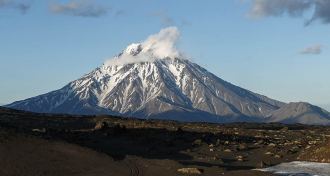 Earth
EarthIs a long-dormant Russian volcano waking up? It’s complicated
Scientists debate how to interpret seismic activity near Bolshaya Udina on the remote Kamchatka Peninsula.
-
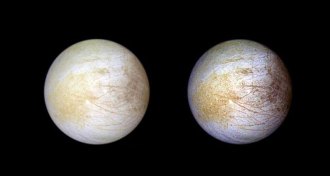 Astronomy
AstronomyTable salt may be hiding in Europa’s underground sea
Observations of Europa by the Hubble Space Telescope suggest that the moon’s ice-covered ocean may hold sodium chloride, or common table salt.
-
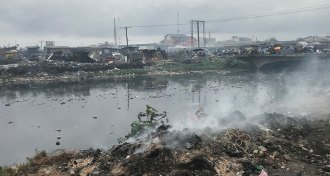 Ecosystems
EcosystemsMany of the world’s rivers are flush with dangerous levels of antibiotics
Antibiotic pollution can fuel drug resistance in microbes. A global survey of rivers finds unsafe levels of antibiotics in 16 percent of sites.
-
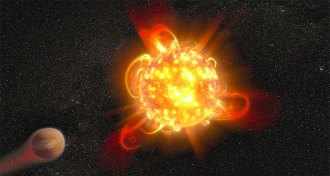 Astronomy
AstronomyMassive superflares have been seen erupting from stars like the sun
Older stars, like the sun, can still send out massive bursts of energy that can be seen from light-years away.
-
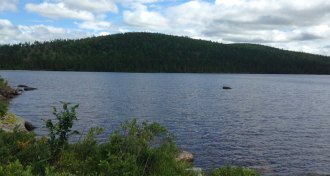 Environment
EnvironmentSome Canadian lakes still store DDT in their mud
Yesterday’s DDT pollution crisis is still today’s problem in some of Canada’s lakes.
-
 Climate
ClimateThe National Weather Service has launched its new U.S. forecasting model
The United States has finally unveiled its new, highly touted weather prediction model, but some scientists worry that it’s not ready for prime time.
-
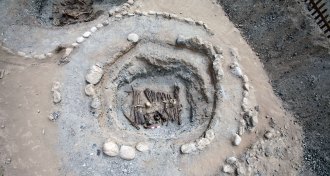 Archaeology
ArchaeologyPeople may have smoked marijuana in rituals 2,500 years ago in western China
Cannabis may have been altering minds at an ancient high-altitude cemetery, researchers say
By Bruce Bower -
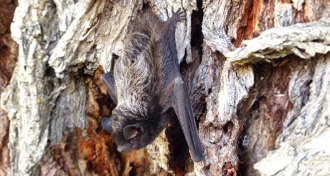 Animals
AnimalsBats are the main cause of rare rabies deaths in the U.S.
In the United States, bats are mostly to blame for rabies deaths, while rabies transmitted by overseas dogs comes in second.
-
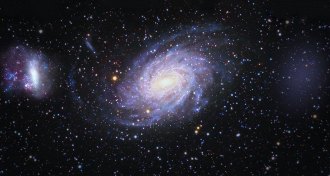 Astronomy
AstronomyAstronomers may have spotted the ghost galaxy that hit the Milky Way long ago
Astronomers think they’ve identified a galaxy that hit the Milky Way and ruffled its edges millions of years ago.
-
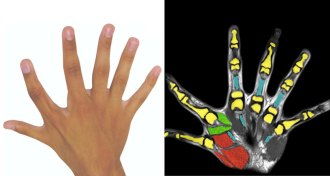 Health & Medicine
Health & MedicineExtra fingers, often seen as useless, can offer major dexterity advantages
Two people born with six fingers on each hand can control the extra digit, using it to do tasks better than five-fingered hands, a study finds.
-
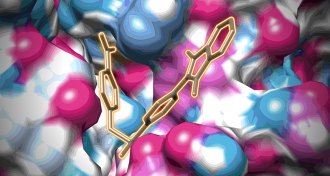 Health & Medicine
Health & MedicineA tiny crater on viruses behind the common cold may be their Achilles’ heel
Researchers have discovered a potential new drug target in a family of viruses responsible for the common cold and more serious infections.